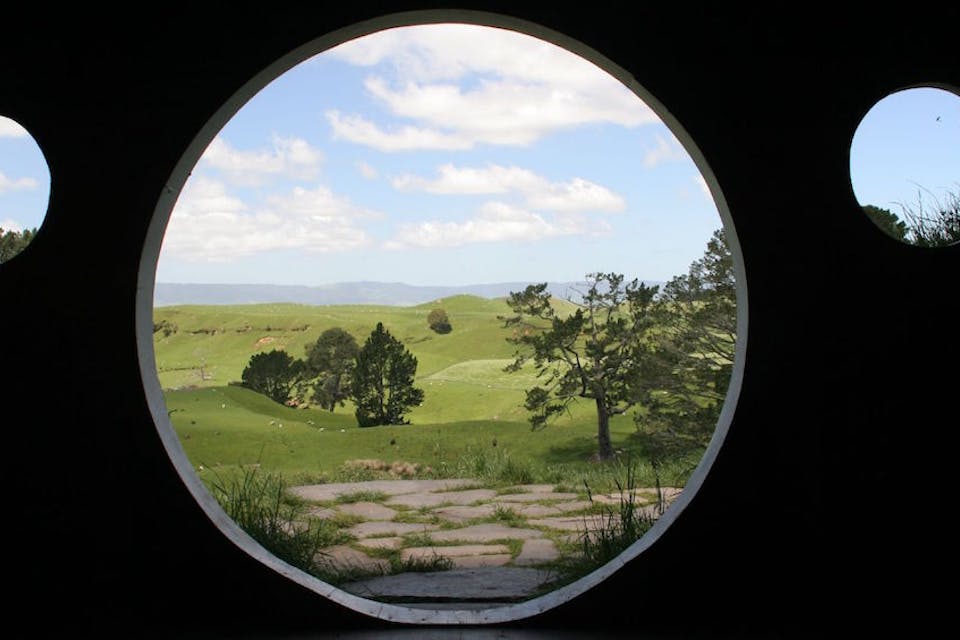
September 1, 2016
The Secret Jews of the Hobbit
By Rabbi Meir SoloveichikFrom the Middle East to Middle Earth.
In 1938, the Oxford professor J.R.R. Tolkien published a bestselling book featuring wizards, elves, dwarves, kings, queens, and a curious creature for which the story is named: The Hobbit.The novel, which has sold more than 100 million copies since its publication, dramatically expanded the possibilities (and readership) of a genre that would come to be known as fantasy. Tolkien tells of a hobbit named Bilbo Baggins, whose utter indifference to adventure is upended by a visit from 13 hirsute dwarves and a wizard named Gandalf.
The dwarves explain to Bilbo that they once lived in a glorious kingdom inside a mighty mountain where the grandfather of their leader Thorin had reigned as king. There they had achieved renown for their talents with gold and jewels. One day, they tell Bilbo, a dragon attacked their mountain, stole their treasure, and left their kingdom in flames. The dwarves had to flee, dispersing throughout the kingdoms of “Middle Earth,” strangers in a strange land. Having left their homeland, they were forced to speak the languages of those among whom they lived, using their native tongue, “Khuzdul,” only among themselves. Yet they never stopped dreaming of their kingdom, never stopped mourning their mountain. They sought to hire this hobbit to help them reclaim what was once theirs. The dwarves introduce this tale with a song, an elegy for their long-lost land:
Far over the misty mountains cold
To dungeons deep and caverns old
We must away ere break of day
To seek the pale enchanted gold….
The pines were roaring on the height,
The winds were moaning in the night.
The fire was red, it flaming spread;
The trees like torches blazed with light.